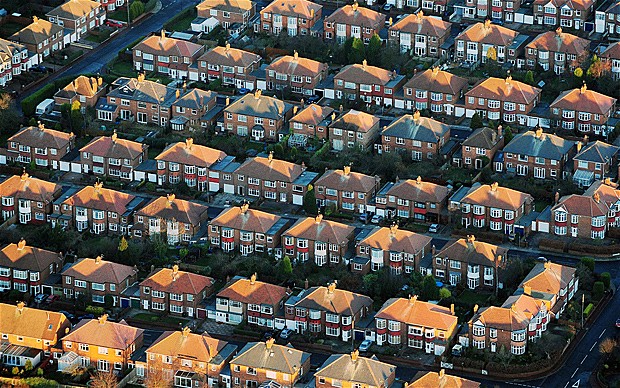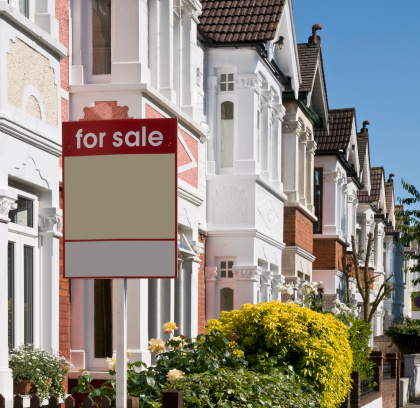There has been a significant improvement in sentiment towards the UK housing market; however, whilst the gap between buying and selling expectations is narrowing the regional variations remain, according to the latest quarterly Halifax Housing Market Confidence tracker.
 The net balance (i.e. the difference between the proportion thinking that it will be a good time to sell and those who think it will be a bad time) turned positive for the first time in September in several regions including the East (+8) and the South East (+13).
The net balance (i.e. the difference between the proportion thinking that it will be a good time to sell and those who think it will be a bad time) turned positive for the first time in September in several regions including the East (+8) and the South East (+13).
More people now think it will be a good time to sell over a bad time in the South East (+13), Eastern (+8), South West (+6), London (+4), North East (+4) and West Midlands (+2). In June, more respondents thought that it would be a bad time to sell in all regions.
And, while those thinking that it will be a bad time to sell fell from 56 per cent in June to 47 per cent, people in Scotland, the North West and the East Midlands were the least positive about the prospects of selling in the next 12 months (with a net score of -38, -31 and -19, respectively)
Whilst attitudes to selling have increased rapidly, sentiment towards buying remains stronger than that towards selling with 57 per cent of respondents expecting it to be a good time to buy in the next 12 months compared with 41 per cent thinking it will be a good time to sell. Respondents in Wales were the most bullish (where 71 per cent think it will be a good time to buy), with their counterparts in the Eastern region much more cautious (where 40 per cent think it will be a good time to buy).
Martin Ellis, housing economist at Halifax, commented: “The significant improvement in sentiment towards selling a home could help to boost the supply of properties available for sale on the market which will help ease any upwards pressure on house prices. It ccould also help to increase levels of housing market activity from their still historically low levels.”
Barriers towards homeownership
There has been virtually no change in the perceived barriers to homeownership since the last survey in June, with the ability to raise a big enough deposit (63 per cent) and concerns about job security (58 per cent) still cited as the main obstacles.
The proportion of respondents identifying the general availability of mortgages as a barrier did, however, fall for the fourth successive quarter, to 23 per cent compared with 31 per cent in October 2012. Concerns about rises in interest rates also fell slightly from 13 per cent in June to 11 per cent.
House price sentiment continues to increase
The headline House Price Outlook balance (i.e. the difference between the proportion of people across Britain that expect the average house price to rise rather than fall) stood at +64 in September. This was an increase of 24 percentage points compared with the last quarter (+40).
Seven in ten (70 per cent) British adults predict the average UK house price will rise over the next year. Only 6 per cent expect prices to fall.




